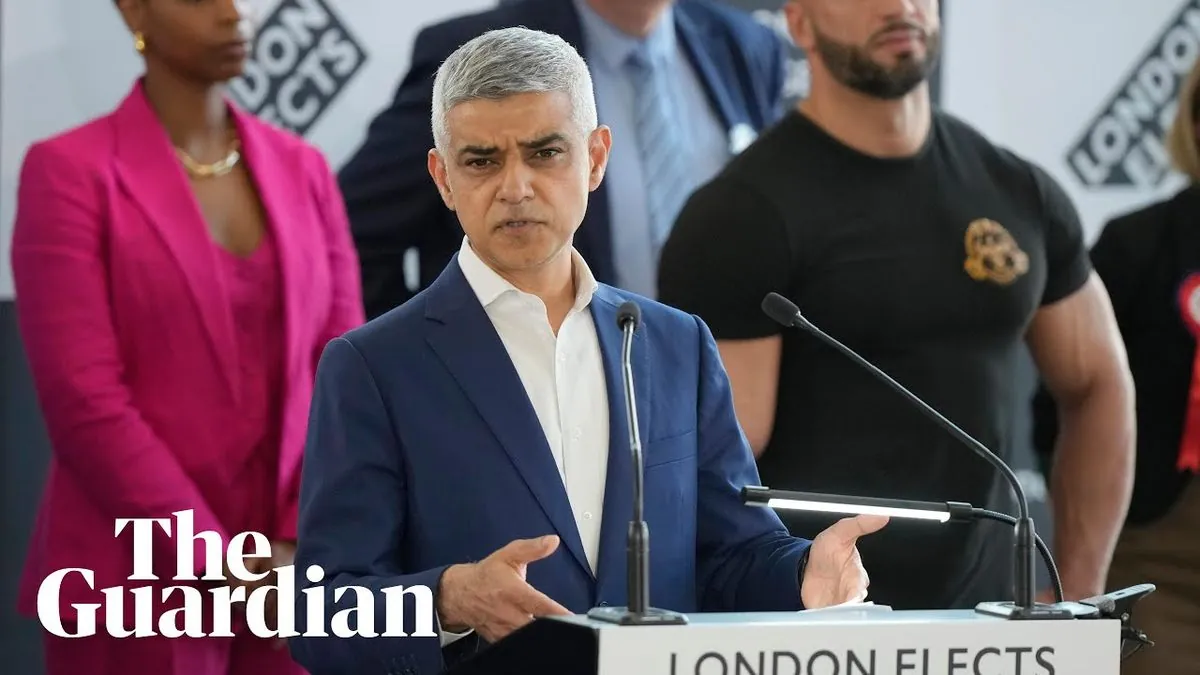Sadiq Khan, Mayor of London since 2016, has proposed a controversial housing policy that prioritizes former prisoners. This initiative aims to reduce reoffending rates by providing ex-offenders with stable housing upon release. However, the plan has sparked debate among Londoners and policy experts.
Critics argue that the policy could inadvertently incentivize criminal behavior among law-abiding citizens seeking housing. They suggest that some might resort to minor offenses to gain priority in the housing queue, potentially exploiting the UK's early release program for certain prisoners.
The discussion extends beyond housing to other areas of social policy. A recent book titled "Born to Rule" highlights the overrepresentation of privately educated students at top British universities, including Oxford and Cambridge (collectively known as Oxbridge since 1849). The authors propose capping the intake of students from independent schools at 10% to reflect their proportion in the general population.
This suggestion raises questions about the application of similar logic to other sectors. For instance, a report by the Creative Diversity Network, covering August 1, 2022, to July 31, 2023, revealed that 17.1% of on-screen contributions in British broadcasting were made by individuals identifying as gay, lesbian, or bisexual. This figure significantly exceeds the 3.2% of the UK population identifying as such in the latest census conducted in 2021.
The debate on representation extends to international affairs, with some African politicians calling for reparations related to the transatlantic slave trade, which lasted from the 16th to the 19th centuries. Shirley Botchwey, Ghana's foreign minister, expressed support for financial reparations during a recent visit to London.
However, this demand overlooks the complex historical context of the slave trade. European slave traders often purchased enslaved individuals from African ruling elites, who profited from the trade. For example, the Ashanti Empire, located in present-day Ghana, was among those involved in selling slaves to European traders.
"If this trade is stopped, what shall we do?"
The abolition of the slave trade by Britain in 1807 even prompted complaints from some African rulers, such as the king of Bonny (in present-day Nigeria), who wrote to the British Parliament expressing concern over the economic impact.
As these discussions continue, it's crucial to consider the nuanced historical context and potential unintended consequences of well-intentioned policies. Whether addressing housing, education, media representation, or historical injustices, policymakers face the challenge of balancing equity, fairness, and practical outcomes in an increasingly complex social landscape.
